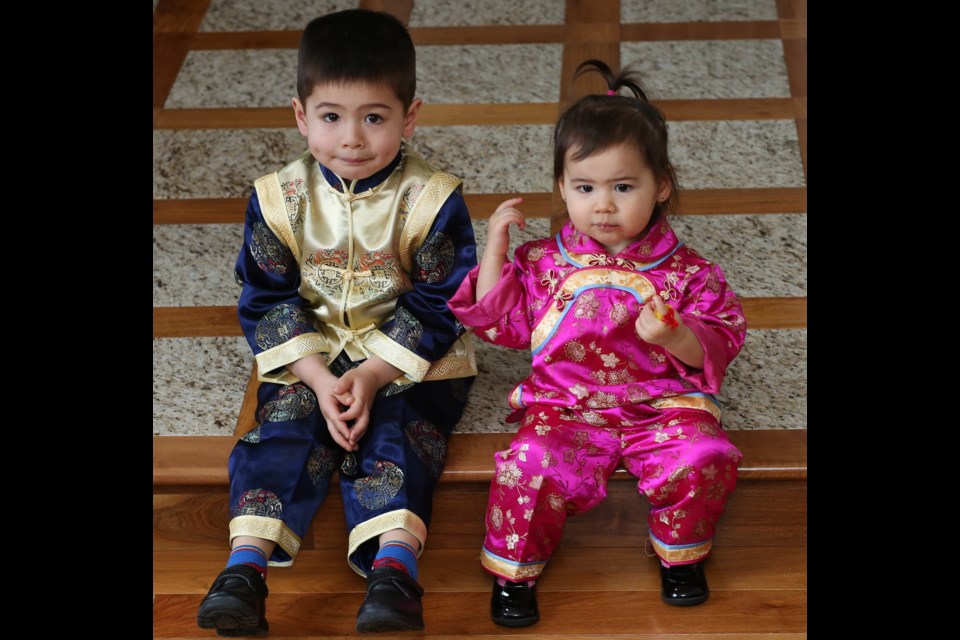Get ready for the sound of firecrackers, well-dressed children and lion dances in the streets as the local Chinese community welcomes the Chinese New Year on Friday.
The two-week festival is the largest on the Chinese lunar calendar, with celebrations falling anytime between late January and the middle of February.
While new year’s traditions include fireworks to scare away evil spirits, it is also a time for family gatherings, making it much like Christmas, according to experts in Chinese-Canadian history.
“Christmas and Chinese New Year are basically the same. They are just different projections of different cultures,” said Lily Chow, author of several books and a former instructor at the University of Northern B.C.
“Many Chinese are also Christian and enjoy celebrating both festivals,” Chow said. “I believe the only difference between the two is that Chinese New Year is much more colourful, with the lion and dragon dances.”
Other traditions include gifts of red packets with money from adults to children, akin to Christmas gift-giving, according to Chow.
The new year celebrations are an important link for multicultural children.
“I believe it is very important for my children [Thomas, 3 1/2, and Aurora, 1 1/2] to embrace both of their heritages,” said Susan Froher, who has German parents, of her children with partner Tony Joe, who has Chinese roots.
“We’re really lucky to have a great-aunt who takes time to teach the children about their heritage as well as buying them traditional clothes from her travels to China.”
Jan. 31 marks the beginning of the Year of the Horse in the Chinese zodiac. The zodiac is based on a 12-year cycle, with a different animal representing each year. The animal signs are the rat, ox, tiger, rabbit, dragon, snake, horse, sheep, monkey, rooster, dog and pig. The Chinese believe that attributes of the various animals affect people in the same manner as the various signs of the zodiac in western civilization.
People born in 1918, 1930, 1942, 1954, 1966, 1978, 1990 or 2002 fall under the sign of the horse.
The horse has always been a favourite animal because it has traditionally been closely linked to people’s lives. People born in the Year of the Horse are seen to be highly animated, active and energetic. They are typically elegant, independent, gentle and hardworking.
The Year of the Horse is regarded as a good time for people to pursue their goals and dreams confidently, just as a horse gallops at top speed toward its destination.
According to the Chinese almanac, the animals are also affected by the five elements around them — metal, water, wood, fire and Earth. Each year a different element is attached to an animal. This year is the year of the wood horse, an element the Chinese believe makes people more stable and less prone to emotional upheavals.
The Year of the Horse will have more significance to Lyon Chang and his wife, who are expecting their first child in 2014.
Although Chang says he isn’t as traditional as some, he still feels it is advantageous for his child to learn about his heritage.
“I think it is important for parents to make children aware of their heritage,” said Chang, who immigrated to Canada with his parents from Taiwan in the 1980s. “It takes a conscious effort by both parents to pass on their culture to their children.”
